Thematic Board Games on Economics and Resource Management
Board games have evolved far beyond simple entertainment. Some dive into complex themes like real estate, investments, sustainability, and urban development, turning economic and strategic ideas into engaging and thought-provoking experiences.
In this article, we’ll look at some great titles that involve buying and selling properties, managing resources, and expanding businesses, whether in a neighborhood, a metropolis, a distant planet, or even a historical bazaar.
Below you’ll find a brief overview of each game.
For Sale

3 to 6 players
- Play time: about 20 minutes
- Age: 8+
In For Sale, each player starts with a set amount of money and competes in auctions to buy the best properties, from modest mobile homes to luxurious castles. The first phase focuses on acquiring properties while spending as little as possible. In the second phase, those properties are sold to buyers offering different amounts.
The challenge is reading your opponents, assessing risks, and aiming to earn more than everyone else. It’s a light game filled with bluffing and quick decisions.
Game mechanics: auction, money management, value memory.
Educational tips:
- Builds mental math skills and value assessment.
- Teaches the basics of buying, selling, and speculation.
- Encourages adapting to supply and demand shifts.
Airlines Europe

2 to 5 players
- Play time: 75 minutes
- Age: 10+ (or 13+, depending on the edition)
In Airlines Europe, players act as investors acquiring shares in airline companies and helping expand their routes across Europe. Companies grow as players purchase flight licenses and connect new cities, which increases their share value.
During scoring rounds, the most valuable companies pay dividends to their shareholders. Choosing when to expand, invest, or sell is key to winning.
Game mechanics: stock market, route expansion, resource management.
Educational tips:
- Introduces investment, risk, and return concepts.
- Encourages market analysis and strategic timing.
- Demonstrates how collective decisions can affect an asset.
Bohnanza

2 to 7 players (best with 3–5)
- Play time: about 45 minutes
- Age: 10+
Bohnanza turns bean farming into a fast-paced trading game full of negotiation. Players plant and harvest different types of beans, each with its own value, but must keep the cards in their hands in the order they were drawn, without rearranging them. This often makes it more profitable to trade cards with other players to maximize harvests.
It’s a highly interactive and humorous game where each match tells a new story of unexpected deals and trades. Learn more about the game click here.
Game mechanics: negotiation, hand management, scoring combos.
Educational tips:
- Teaches principles of fair trade and persuasion.
- Encourages planning under constraints.
- Promotes communication and strategic agreements.
Rise to Power
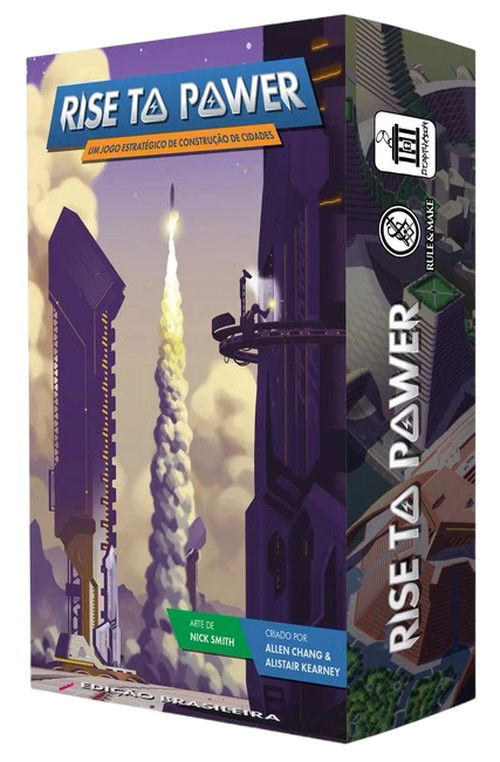
2 to 5 players
- Play time: 60–90 minutes
- Age: 12+
In Rise to Power, players are CEOs of energy corporations. They must expand the power grid, secure contracts, and invest in clean, efficient technologies. Every decision affects their market position, and competition for top projects is intense. Managing resources is a constant balancing act between growth and stability.
Game mechanics: resource management, contracts, auctions, network expansion.
Educational tips:
- Explains the workings of the energy sector and its economy.
- Develops prioritization and efficient allocation skills.
- Encourages medium-term strategic planning.
Futuropia
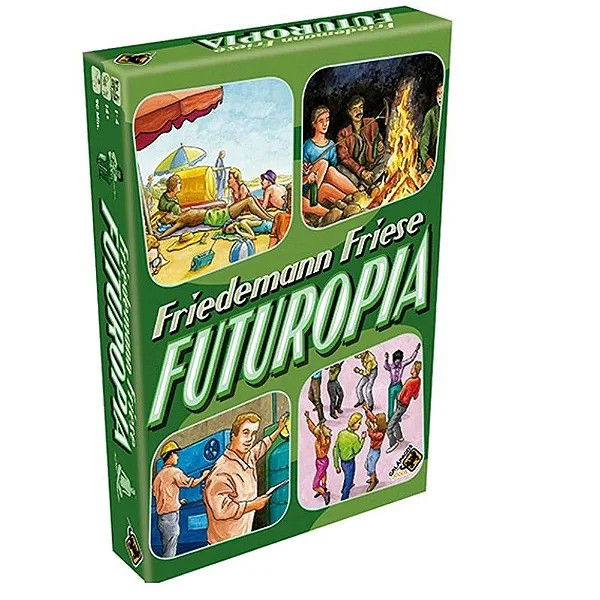
2 to 4 players
- Play time: 60 minutes
- Age: 10+
In Futuropia, you manage a condominium that must run without pollution and be fully self-sufficient. The aim is to improve residents’ comfort and well-being without depleting natural resources. You’ll invest in solar panels, gardens, recycling systems, and home upgrades. The game presents an optimistic, strategic take on sustainability. Learn more see details here.
Game mechanics: resource management, optimization, environmental planning.
Educational tips:
- Introduces renewable energy and ecology concepts.
- Promotes systems thinking and long-term planning.
- Builds awareness of environmental impact.
Furnace

2 to 4 players
- Play time: 60–90 minutes
- Age: 12+
In Furnace, players are aspiring industrialists acquiring factories and optimizing production to build wealth. Each round features auctions for factories, which then enter a production cycle that can be improved. The key is to create efficient resource combinations and maximize each investment.
Game mechanics: engine building, auction, production optimization.
Educational tips:
- Teaches production chains and industrialization.
- Encourages cost-benefit evaluation.
- Develops sequential thinking and continuous improvement.
Istanbul
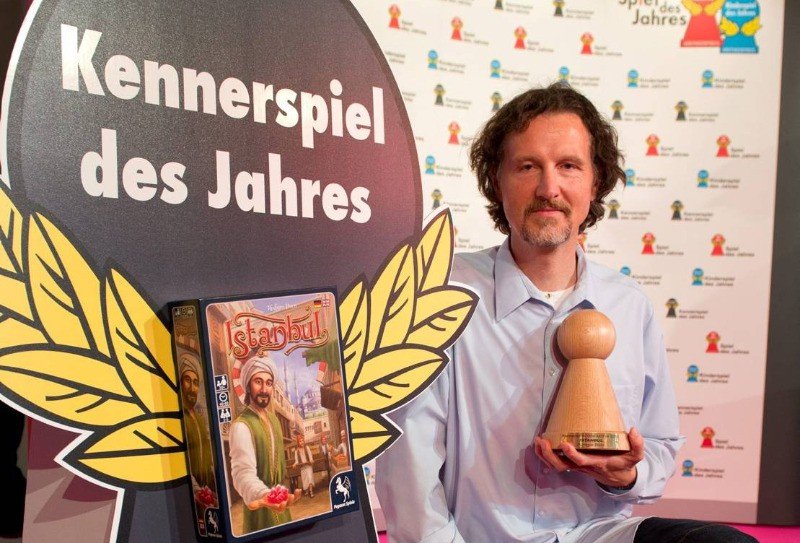
2 to 5 players
- Play time: about 40 minutes
- Age: 10+
In Istanbul, players are merchants moving through the bazaar with a team of assistants to gather goods, sell products, and trade resources for rubies. Movement requires strategy because leaving an assistant behind means you’ll need to retrieve them later. This creates a puzzle of logistics and efficiency.
Game mechanics: programmed movement, resource collection and trade, worker placement.
Educational tips:
- Develops spatial planning skills.
- Teaches logistics and team management.
- Encourages goal prioritization.
Monopoly
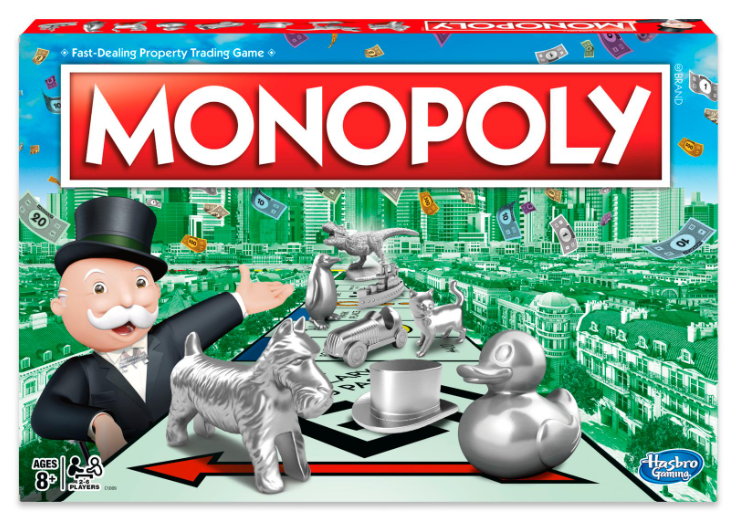
2 to 8 players
- Play time: 60 to 180 minutes
- Age: 8+
The classic Monopoly casts players as real estate investors buying properties, building houses and hotels, and collecting rent from rivals. The game blends negotiation, dice rolls, and long-term strategic thinking. Despite its straightforward rules, it can lead to tense and lengthy matches.
Game mechanics: property acquisition and development, negotiation, luck.
Educational tips:
- Teaches basic economics and cash flow management.
- Encourages negotiation and persuasion skills.
- Shows the effects of risk and randomness.
Yokohama
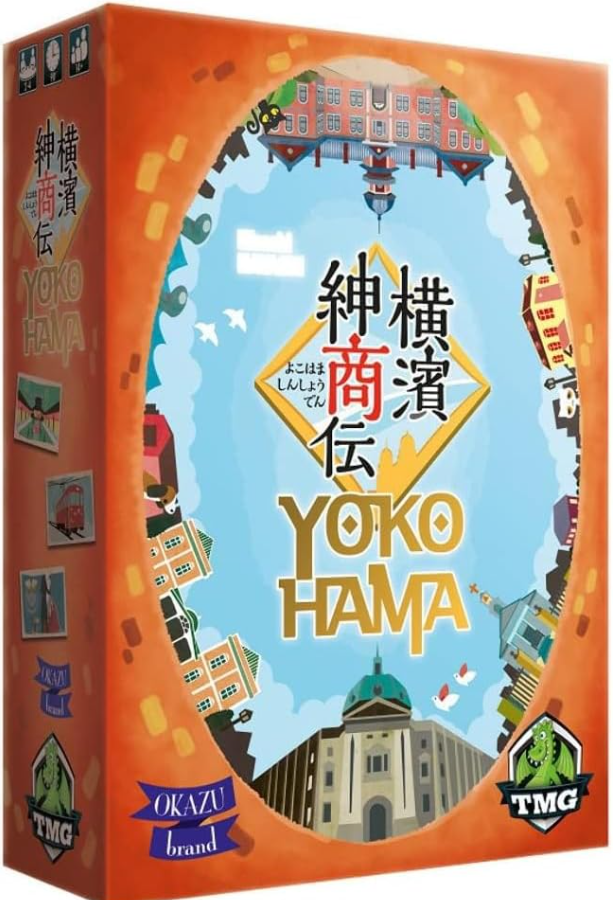
2 to 4 players
- Play time: about 90 minutes
- Age: 12+
In Yokohama, players are merchants expanding their influence across the city. They must recruit assistants, acquire goods, construct buildings, and fulfill international orders. The modular board changes each game, creating new routes and strategies.
Game mechanics: worker placement, trade, resource management, contracts.
Educational tips:
- Highlights historical aspects of Japan’s modernization.
- Develops multi-layered strategic thinking.
- Encourages tactical planning and adaptability.
Terraforming Mars
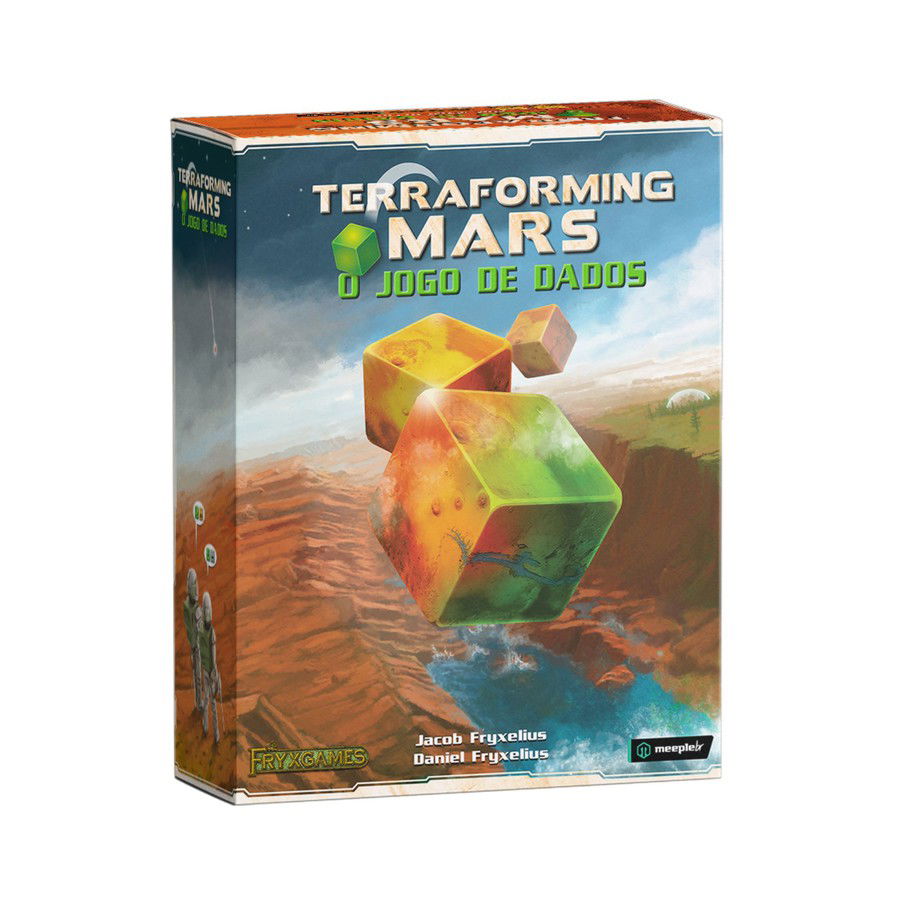
1 to 5 players
- Play time: about 120 minutes
- Age: 12+
In Terraforming Mars, corporations compete to make Mars habitable. Players must raise the temperature, create oceans, generate oxygen, and build cities while managing a complex resource production engine. The game balances shared and personal objectives, leading to tough choices every round. See our full review click here.
Game mechanics: engine building, resource management, global development.
Educational tips:
- Introduces scientific and environmental principles.
- Encourages long-term planning.
- Builds strategic vision and efficient resource allocation.
Conclusion
Economics-themed board games go well beyond simply buying and selling property. They turn economic, environmental, and historical ideas into immersive experiences where learning happens naturally within the game’s story.
Whether in quick auctions like For Sale, running megacorporations in Terraforming Mars, or rebuilding historical cities in Yokohama, these games show how strategy and decision-making can be as fun as they are challenging. They can also be a great learning tool for kids.









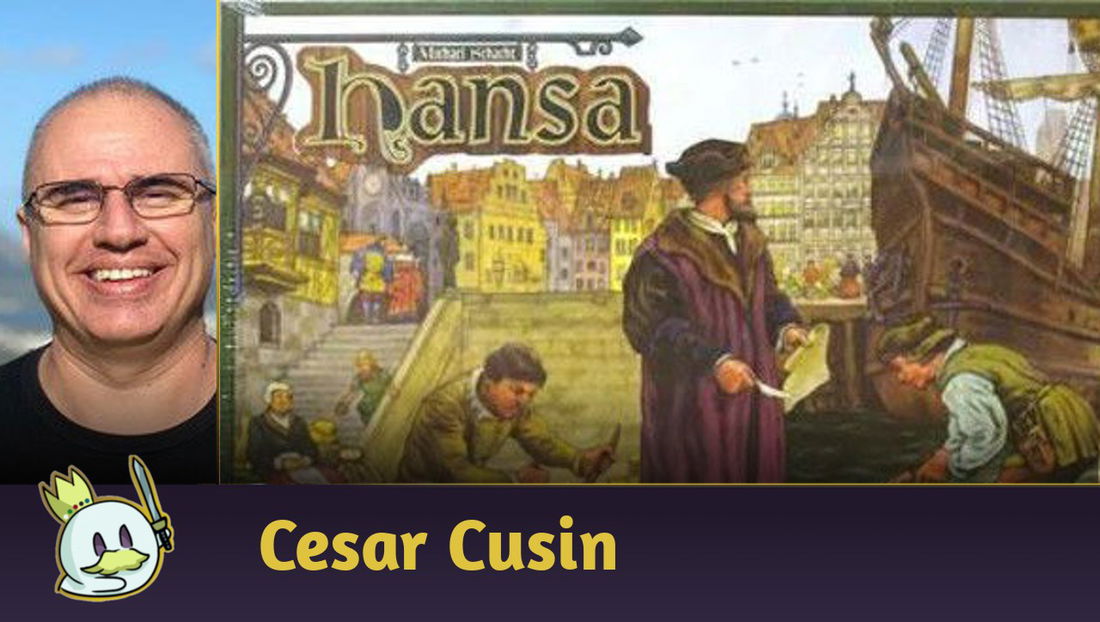



— commentaires 0
, Réactions 1
Soyez le premier à commenter